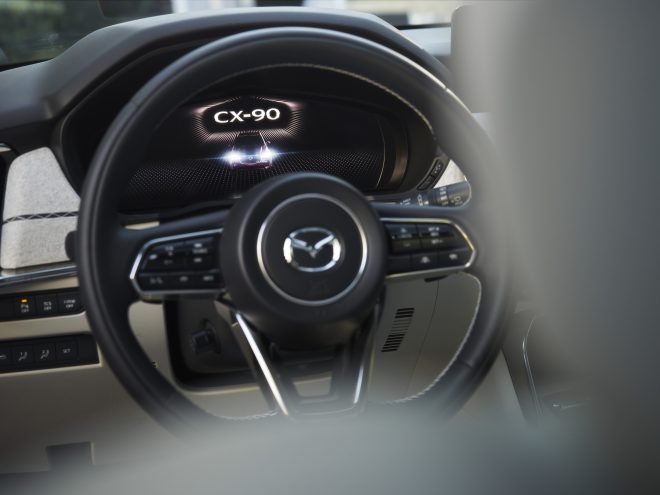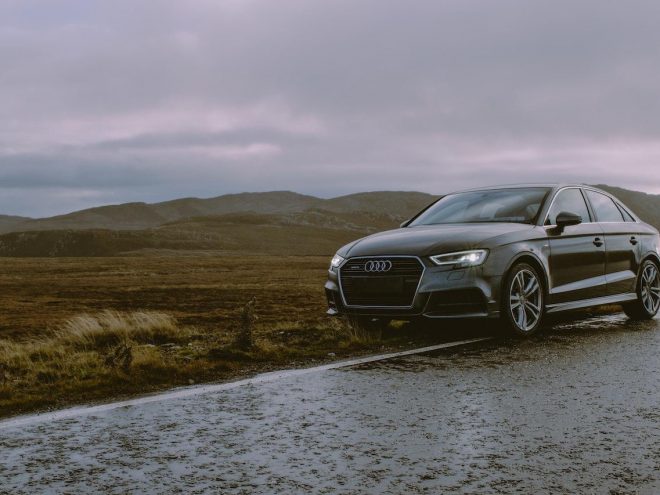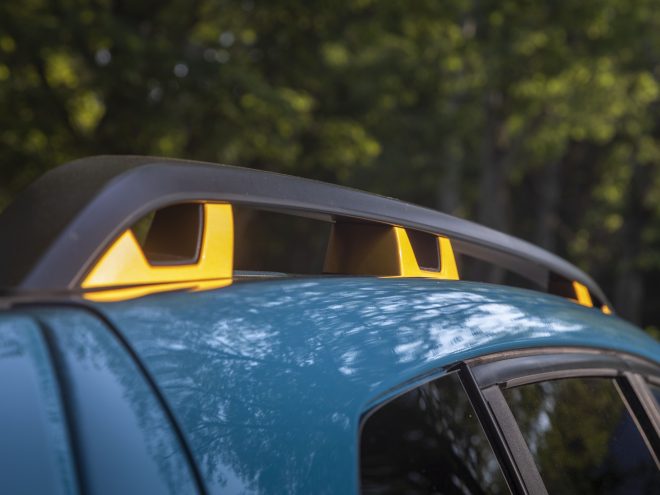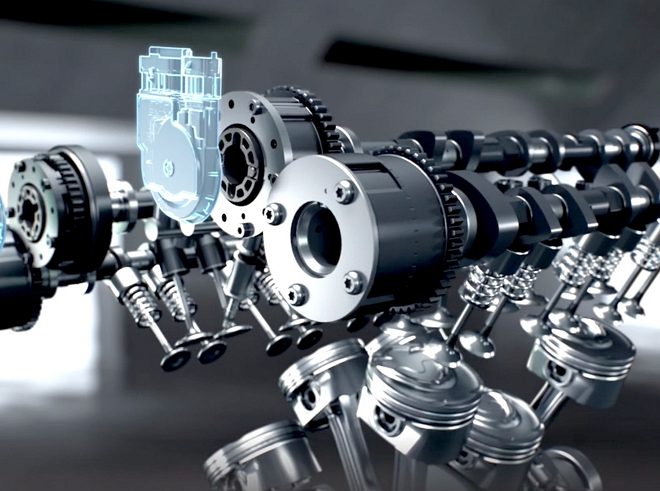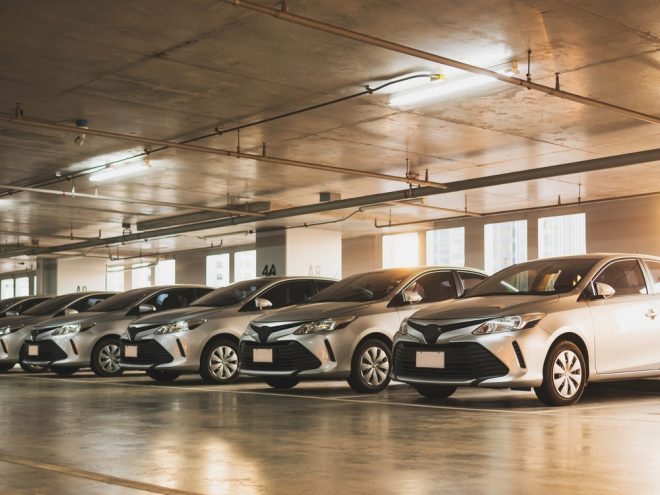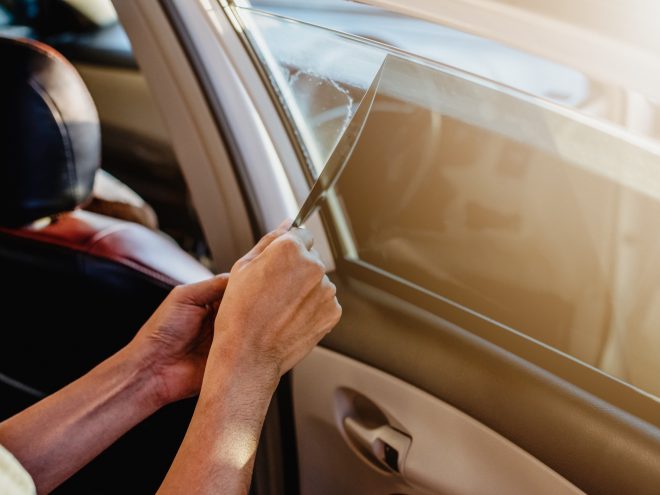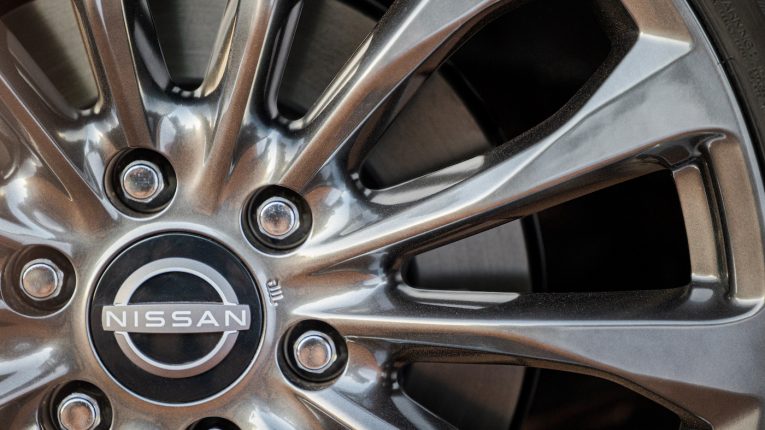
What Is “Brake Checking”?
Brake checking is when a driver presses the brake pedal without intending to stop or slow down.
It’s often a way to express frustration when someone is tailgating or doing something else that aggravates you. You may have also heard it called “riding the brakes” or “brake riding,” which is when a driver holds the brakes or presses them repeatedly without intending to stop or slow down.
Brake checking is most often done by drivers who are upset or frustrated with the vehicle they’re driving or the person they’re driving behind.
It is a dangerous practice that can result in major collisions and injuries. The best way to avoid a brake check is to maintain a safe following distance.
Who Is at Fault for Brake Checking?
In the majority of rear-end accidents, the driver in the rear vehicle is normally at fault. But the rules are different when it comes to brake checking.
According to Los Angeles law firm Panish Shea Boyle Ravipudi, In car accident cases, the concept of negligence is key in determining liability for a collision.
Most likely, the driver who performed the brake check will be found liable for the accident if the brake check was proveable. Now this is the tricky part, unless the driver in the rear had a dash-cam that recorded the incident, or had a credible witness, it’s normally incredibly tough to prove such a fact. In these situations, an inexpensive dash cam could be the difference between getting a payout from the insurance company and footing the bill for vehicle repairs.
Also, depending on the negligence laws in the state where the accident took place, the driver of the rear vehicle could also be liable for a portion of the damages if it was proven that they failed to leave adequate space between their vehicle and the vehicle in front of them.
Top Reasons Why You Should Not Brake Check
Brake checking is a dangerous and illegal move that often leads to traffic accidents.
The primary reasons why you shouldn’t brake check are to avoid accidents and keep your distance from the vehicle in front of you are:
● Brake checking is illegal in most states, including California, New York, and Florida. Additionally, An act of brake checking could also be deemed “reckless driving” if it was proven that it was an intentional act with disregard to the safety of others.
● Brake checking puts yourself, your passengers, and others on the road at risk.
● Brake checking could lead to retaliatory actions that could seriously put you and others at risk of injury, or even death.
When faced with a tailgater while driving, there are a few things you can do to deal with the situation in the safest manner.
If you allow a stranger on the road to get you distressed then you won’t be able to focus on driving your car safely and might lead to larger issues. Try your best to remain calm and not give the tailgater the attention they are seeking.
It’s usually best to safely change lanes and slow down your vehicle to let the tailgater get out of your way and without any further issues.
If the driver following you is beginning to harass you, including saying expletives, waving at you in a threatening manner, or showing some type of weapon, pulling over might not be the best solution. Instead, call the police and report the incident or drive straight to the nearest police station.
Brake Checking is Never The Solution
We’ve covered the numerous reasons why brake checking is a dangerous behavior for everyone involved, and the different ways you can deal with the situation if it arises while you’re driving.
Know that the law is on your side if someone has brake checked you and caused an accident. Try to use a dash cam in your vehicle so you’d always have proof of situations like this, and contact a trusted attorney if you were involved in an accident with a brake checker. Chances are you’ll be able to recover compensation for your damages.
